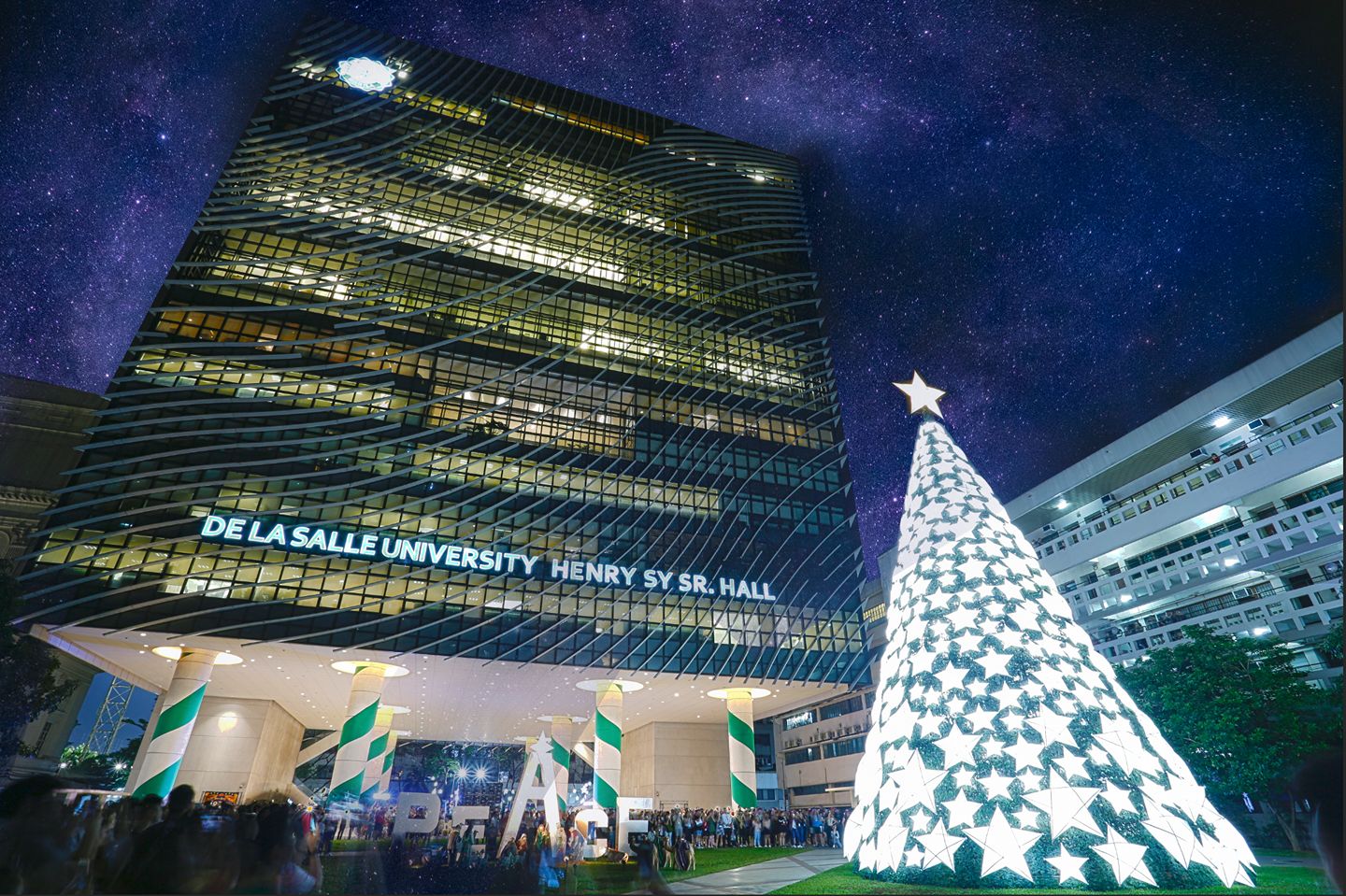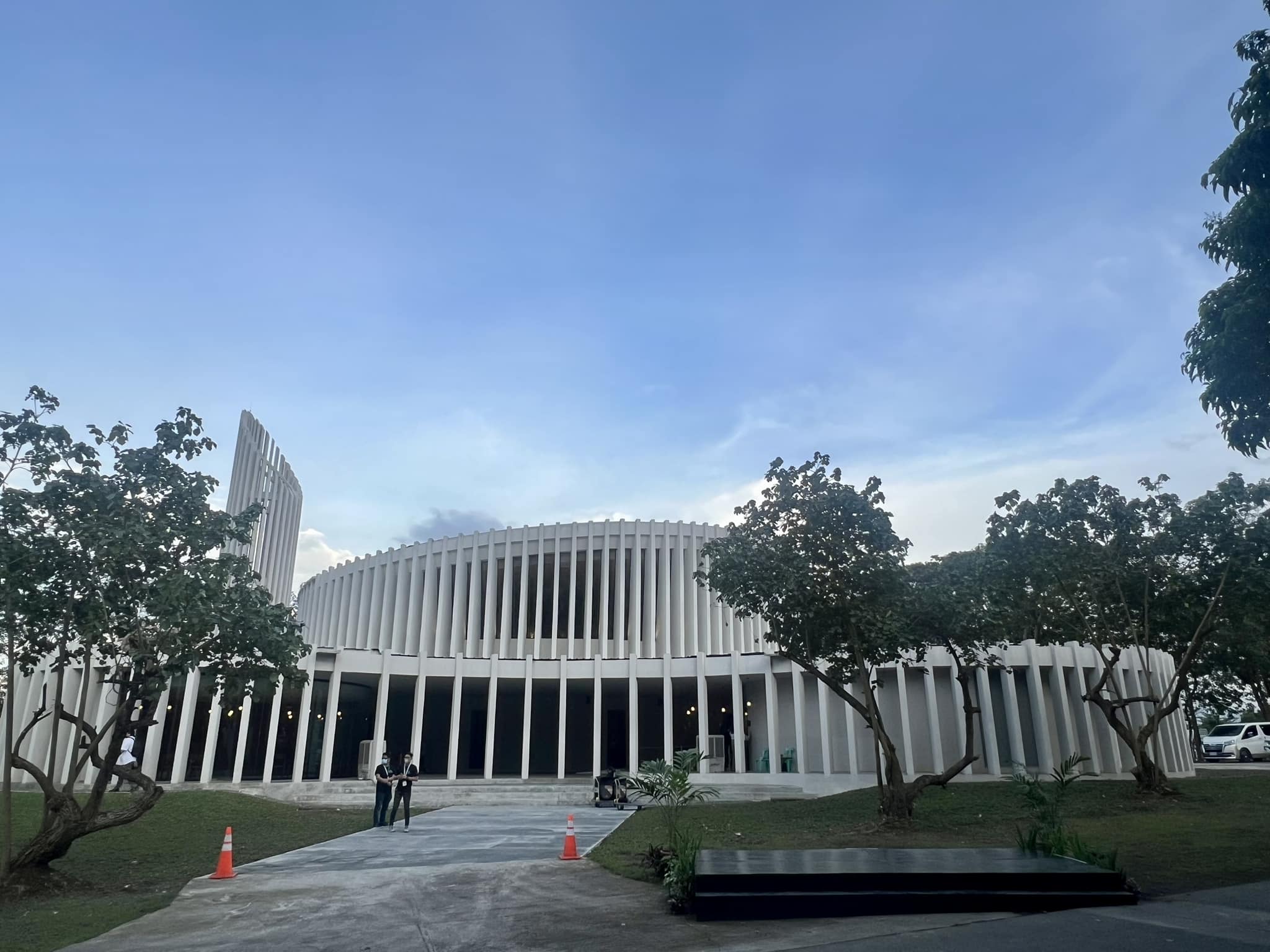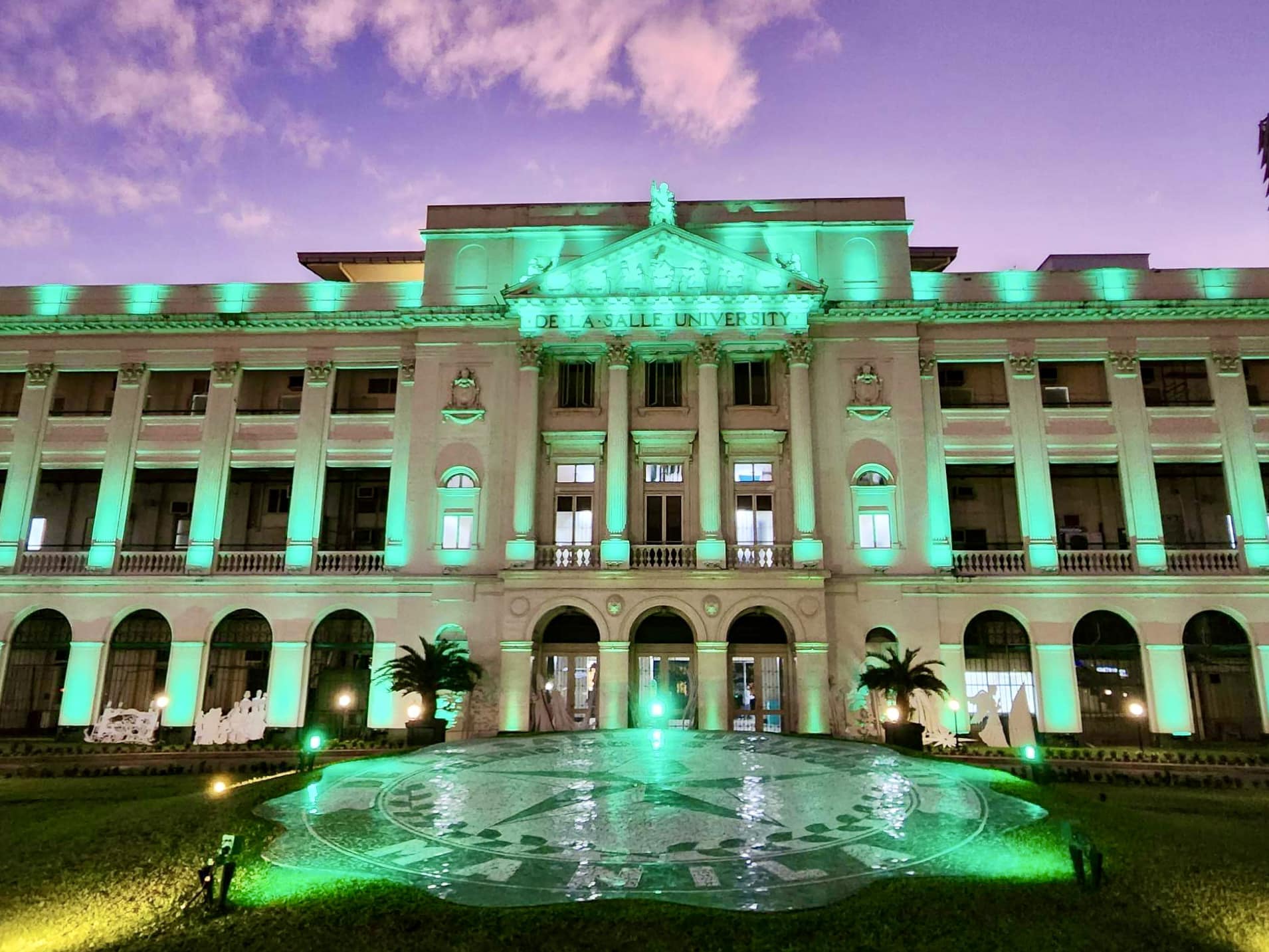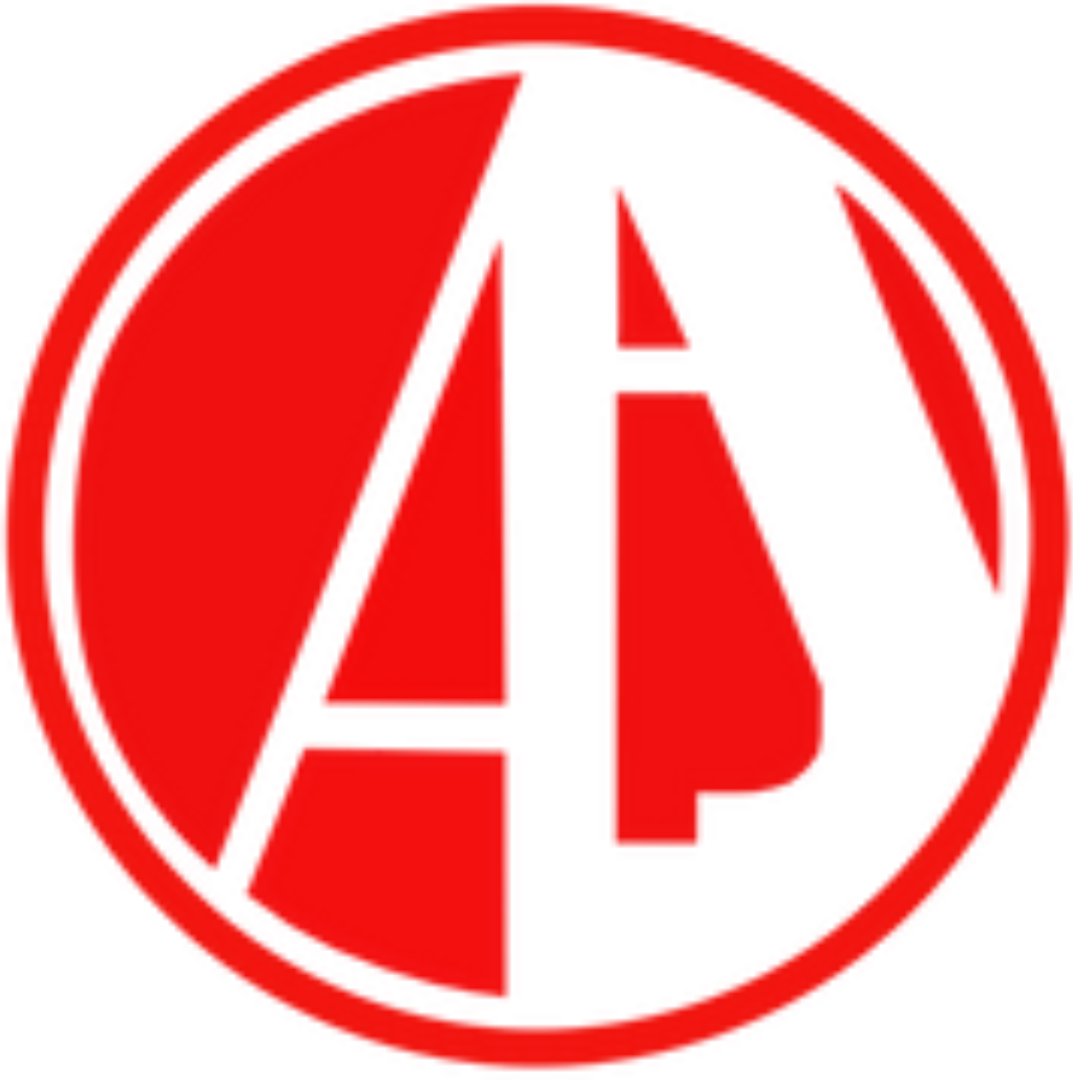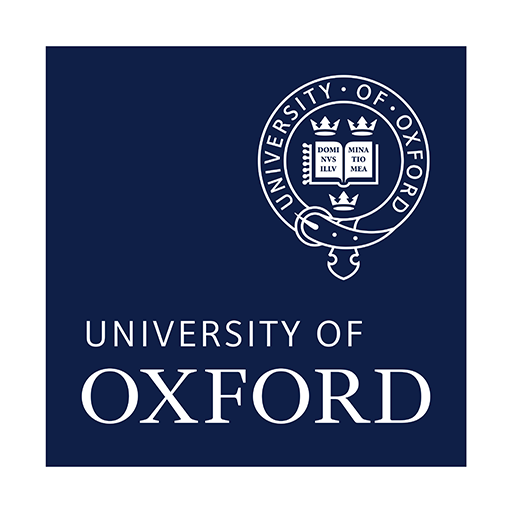Students are required 18 units of core courses 12 units of electives and six units that will be credited towards thesis paper writing
Entry Requirements
Students applying to the program will have to take the DLSU Graduate Admission Test (DGAT) They also have the option to submit one piece of writing that demonstrates their ability in academic writing This will be especially helpful if they intend to apply for scholarship opportunities
Publication Requirement
As part of the program requirements for graduation each student should have at least one publication in a refereed journal or one juried creative work
Core Courses (18 units)
Each core course is credited for 3 units:
Communication and New Media Theory (COM537M)
This core course introduces key communication and new media theories and the research conducted in relation to these theories The course will open with a discussion of what constitutes “theory” “communication” “media” and “new media” as well as an interrogation of the various philosophical approaches to communication and new media studies It will then survey some of the key theories and models used in the field looking at their historical development and future trajectory
Media Criticism: Approaches and Practices (COM531M)
This core course reviews the various schools of media criticism ranging from media effects to genre audience reception semiotics post-structuralism and intersectionality
Histories of Media Forms and Institutions (COM532M)
This core course provides a comprehensive historical survey of the development of print broadcasting film and interactive multimedia formats and their systems of distribution It also evaluates recent trends in the convergence of various communication technologies and emergence of new audiences and markets
Discourses Cultural Production (COM535M)
This core course examines the interplay of political industrial commercial cultural and artistic forces in the process of media production It also situates this interplay within the transformative dynamics of globalisation and technological innovation
Ethics Standards and Public Policy (COM536M)
This core course discusses political issues raised by the interaction between innovative communication technologies and practices on one hand and relevant societal ethics standards and public policy on the other hand
Media Research and Proposal Writing (COM528M)
This core course hones one’s skills in developing appropriate conceptual approaches and using appropriate methodological techniques in order to write a scholarly thesis proposal in communication
Elective Courses (12 units)
Each elective is credited for 3 units
Health Communication (COM710M)
This elective course provides an introduction to foundational concepts theories and methods necessary for analyzing key issues in the field of Health Communication At the end of the course students in partnership with the course facilitator and community members are expected to propose a health communication project
Hypernarratives (COM617M)
This elective course covers explores modes of fiction construction by creating interactive stories
Immersive Media Environments (COM715M)
This elective course on digital media design focuses on the production of immersive media environments through the diffusion of interactive media into various aspects of our lives It covers design usability technique and entertainment by exploring various environments such as learning gaming shopping and social networking It also analyses adoption of new technologies and contexts of use through case studies of immersive media solutions
Interactive Applications and Computational Thinking (COM728M)
This elective course sharpens one’s ability to think computationally in order to begin successfully working with various technologies including websites mobile applications and games This course also serves as a primer for application to development becoming a starting point for platform-specific development
Issues in Managing the Vanishing Newsroom (no course code)
This elective course discusses the changes that have occurred in the editorial newsroom due to alternatives brought about by the increasingly digital practice of journalism
Managing New Media for Organizations (COM702M)
This elective course exposes students to the dynamics economics and technologies that are reshaping organizations and industries worldwide in an age of convergent media
More electives
Media and Social Intimacies (COM723M)
This elective course explores how diverse media content from around the world shape people’s imaginaries of diverse forms of intimacy from the romantic to the familial to the communal It also looks into how different information and communication technologies shape their practices of these intimacies
Media Industry Studies (COM720M)
The course provides a platform for the discussion of critical and conceptual perspectives and methodological approaches for the study of media industries It will cover discussions covering a breadth of media industries and their ecology including their global and historical contexts
Mediated Strategies of Display (no course code)
This elective course looks at the varied intersections of emerging communication technologies and strategies of display covering a range of display landscapes: including among others from art and museums to self-presentations data visualizations and advertising
Mobile Spaces for Learning (COM701M)
This elective course exposes students to the role of mobile technologies in fostering spaces for contemporary participatory learning culture where learners can build explore share and collaborate with others
Multimedia Production (COM724M)
The elective course builds on the basic photography and videography skills of students for the production of audio-visual communication materials It teaches a range of skills and knowledge on the production of dynamic and creative multimedia presentations incorporating photographs video audio sound effects texts and maps It includes a capstone multimedia production for a particular company or organization
National Cinemas (COM709M)
The course surveys and examines various theories approaches and histories in the study of national transnational and post-national cinemas It will cover both textual and political economic approaches towards selected cinematic oeuvre from around the world
New Media and Social Change (COM727M)
This course will expose students to the opportunities and challenges as well as implications of engaging new communication technologies—such as the internet social media and mobile media – for communitarian and emancipatory purposes It provides the opportunity to apply the lessons on the promises and perils of new media to critique existing online initiatives and to develop projects that advance one’s personal advocacies using new media
New Media Entrepreneurship (COM703M)
This elective course discusses the basics of entrepreneurship and evolving business models for emerging media technologies It uses contemporary case studies that blend instruction in concepts about entrepreneurship with concepts about the transformations in media economics resulting from the emergence and developments of digital technologies
New Media Governance and Politics (COM616M):
This elective course examines the interactions between emerging media technologies and political institutions actors and processes in light of theories of communication media and political practice
New Media Literacies (no course code)
This elective course investigates media literacy as aspects of traditional media blend with new forms of media It studies narrative in terms of how it is now understood created coherently and made relevant and meaningful with the current use and production of hypermedia
Online News Publishing (COM612M)
This elective course covers the production of different journalism formats in online publishing It will look at the evolving digital tools —including social media—to best practices and business models in digital media to foster a comprehensive understanding of the constantly changing publishing industry
Popular Culture (COM618M)
This elective course studies the role of digital media in the globalization of popular culture across media genres
Public Communication Campaigns (COM714M)
This elective course harnesses one’s capacity to formulate develop and implement public communication campaigns in the context of a multi-media environment It aims to improve one’s skills and knowledge to critically assess and evaluate campaign collaterals and messaging to enable them to plan and execute more strategic campaigns that using appropriate media platforms that will advocate for positive change in the areas of social action environment public health popular culture and politics among others
Queer Cinema (COM721M)
This elective course critically examines representations of queerness and sexuality in cinema It looks at cinemas from around the world and critically engages with various cultures of sexuality and how they intersect in a globalised cultural environment
Reconstituting the Image (COM614M)
This elective course deals with the aesthetics ethics and politics of image manipulation and subject representation
Screenwriting in the Philippine Film Industry (COM795M):
This elective course studies screenwriting practices in the context of the Philippine film industry For those interested discussions in this course may also result in a screenplay project
Special Topics and Issues in Applied Media Studies (COM719M)
This elective course interrogates emerging topics and/ or issues in media practice in the Philippines and globally It encourages an engagement with an identified thematic focus and/ or issue through theory and research-informed production The thematic focus and/ or issue together with the readings is directed by the expertise of the assigned course instructor
Transmedia (COM731M)
This course explores the theory and practice of transmedia as a framework for narrative distribution and content creation across media platforms It hones the students’ creative and technological ability to plan and manage communication and media projects in an expanded digital environment The course will also take you through the evolution of transmedia and its application on various modes of media practice from communication campaign to film and documentary
The Documentary Discourse (COM737M)
This elective course covers the nature history and forms of the documentary film It also examines the process of producing and creating the documentary film including the impact of digital media
The Revisioning Impulse in the Independent Film (COM732M)
This elective course appraises the conceptual and technical strategies employed by independent filmmakers to communicate alternative perspective on contemporary social problems
Thinking Photographically (COM722M)
This elective course discusses historical and intellectual developments surrounding photography as a medium It also allows for a creative engagement with these developments through a conceptually-driven “mini-exhibition” portfolio project
Understanding Philippine Cinema (COM729M)
This elective course examines the different social dynamics that have been central to Philippine cinema It looks into the diverse production practices technological innovations and cultural influences that have shaped this cinema’s key filmmakers and their films
Thesis (6 units)
Each course is credited for 3 units
Thesis (COM851M onwards)
This course requires the presentation and defense of a scholarly Master’s level research project in Communication
Show less



